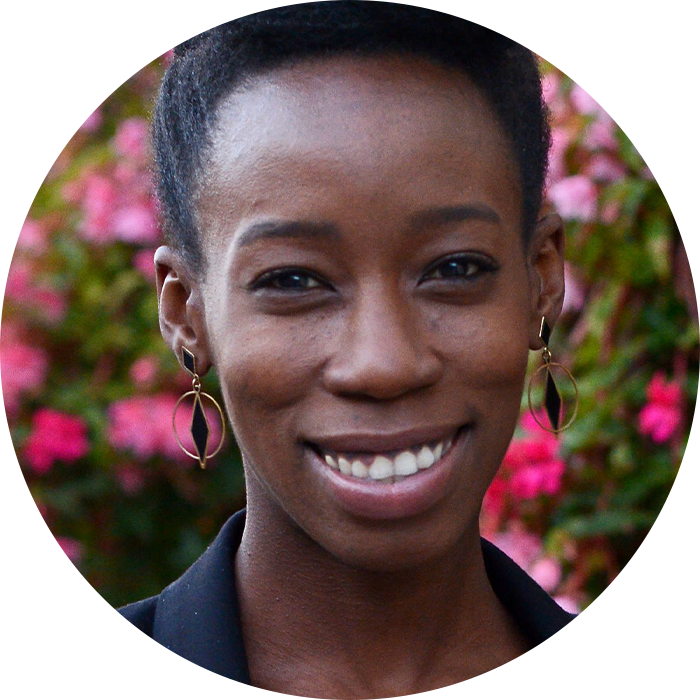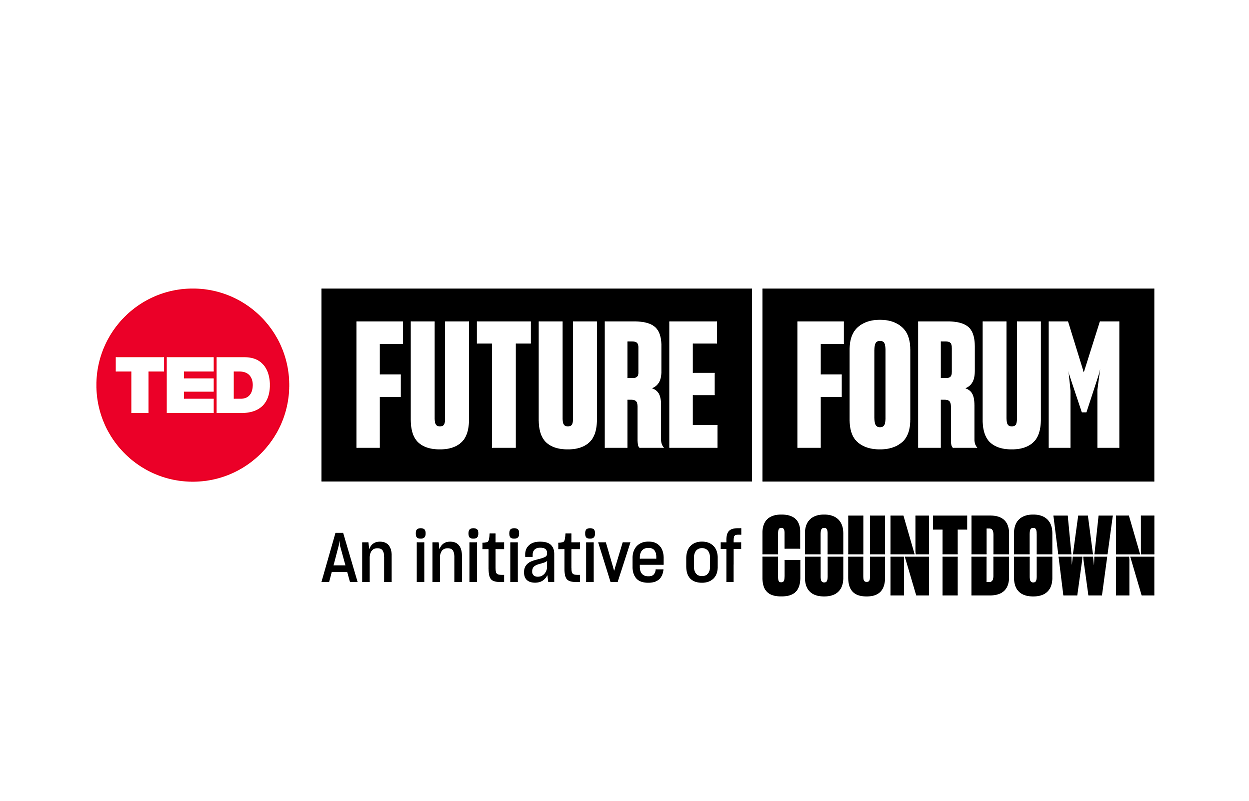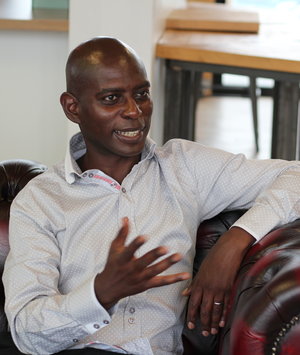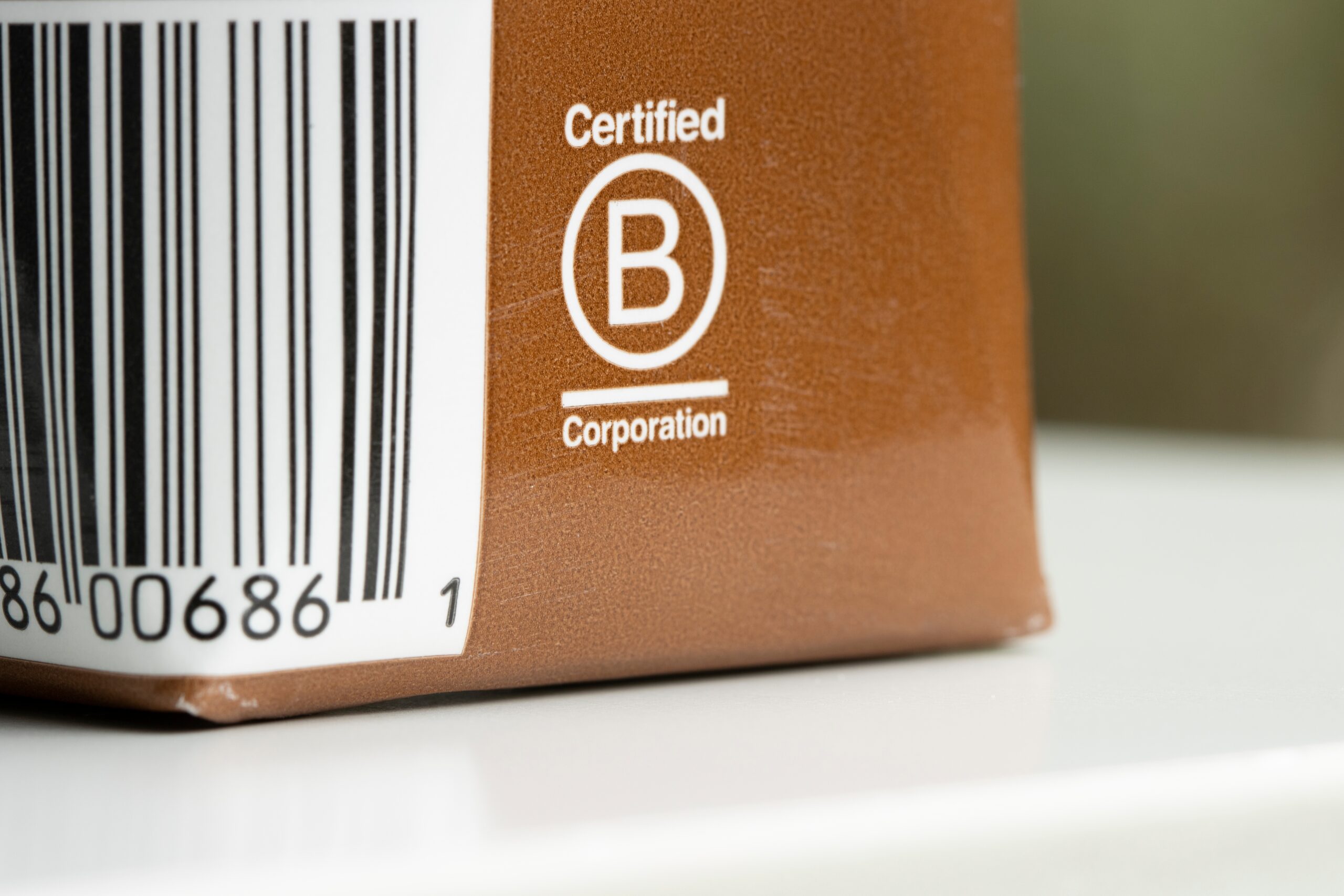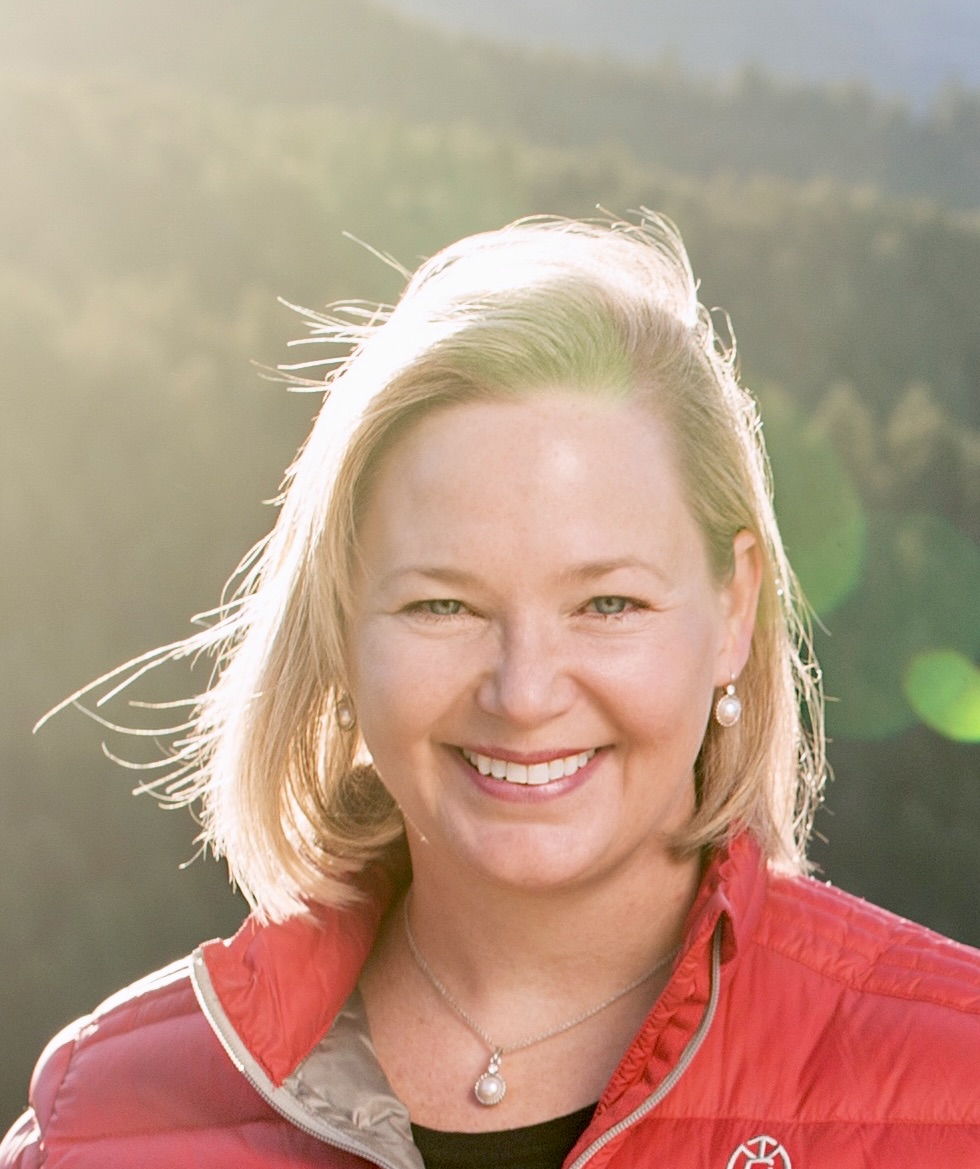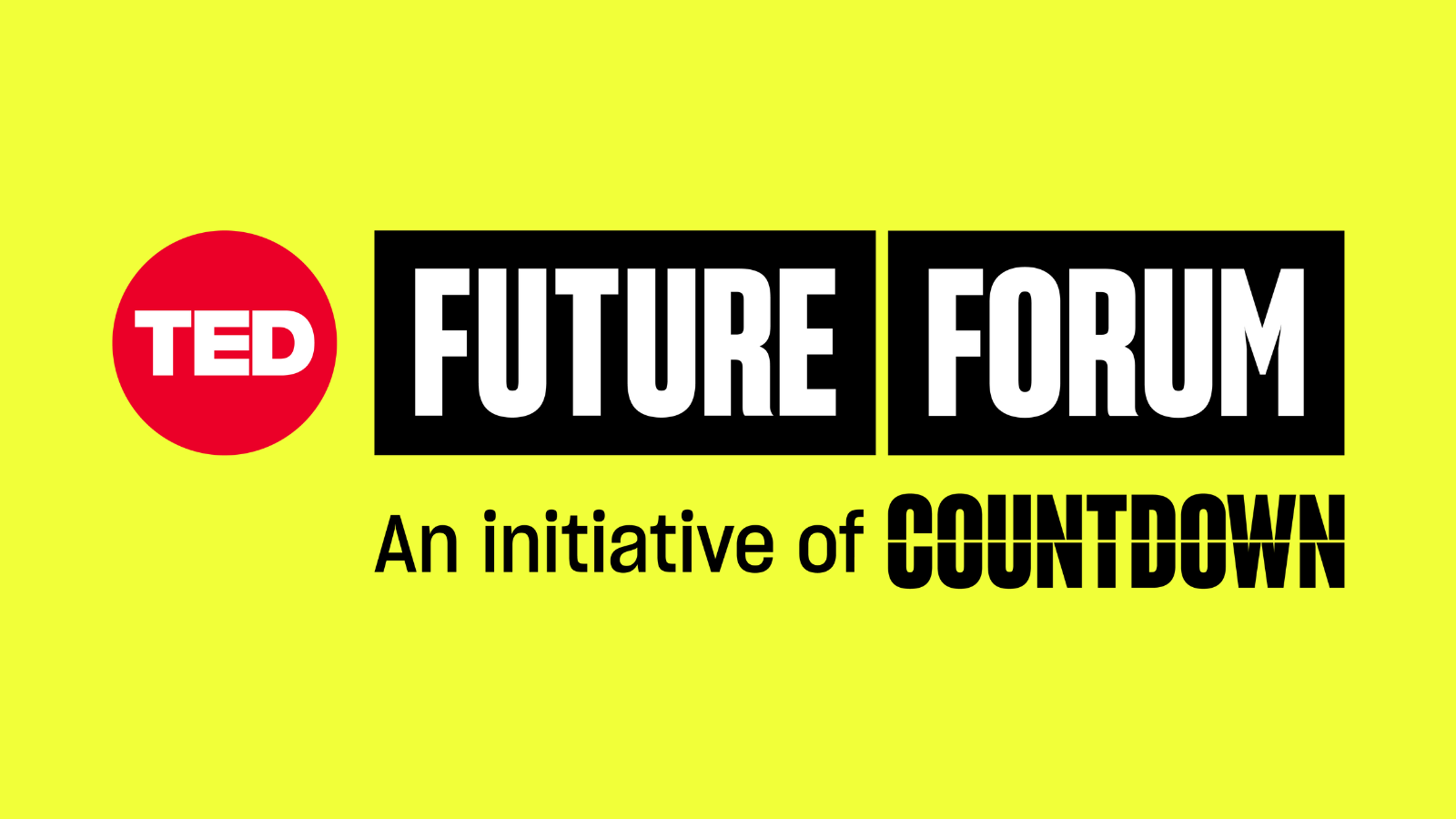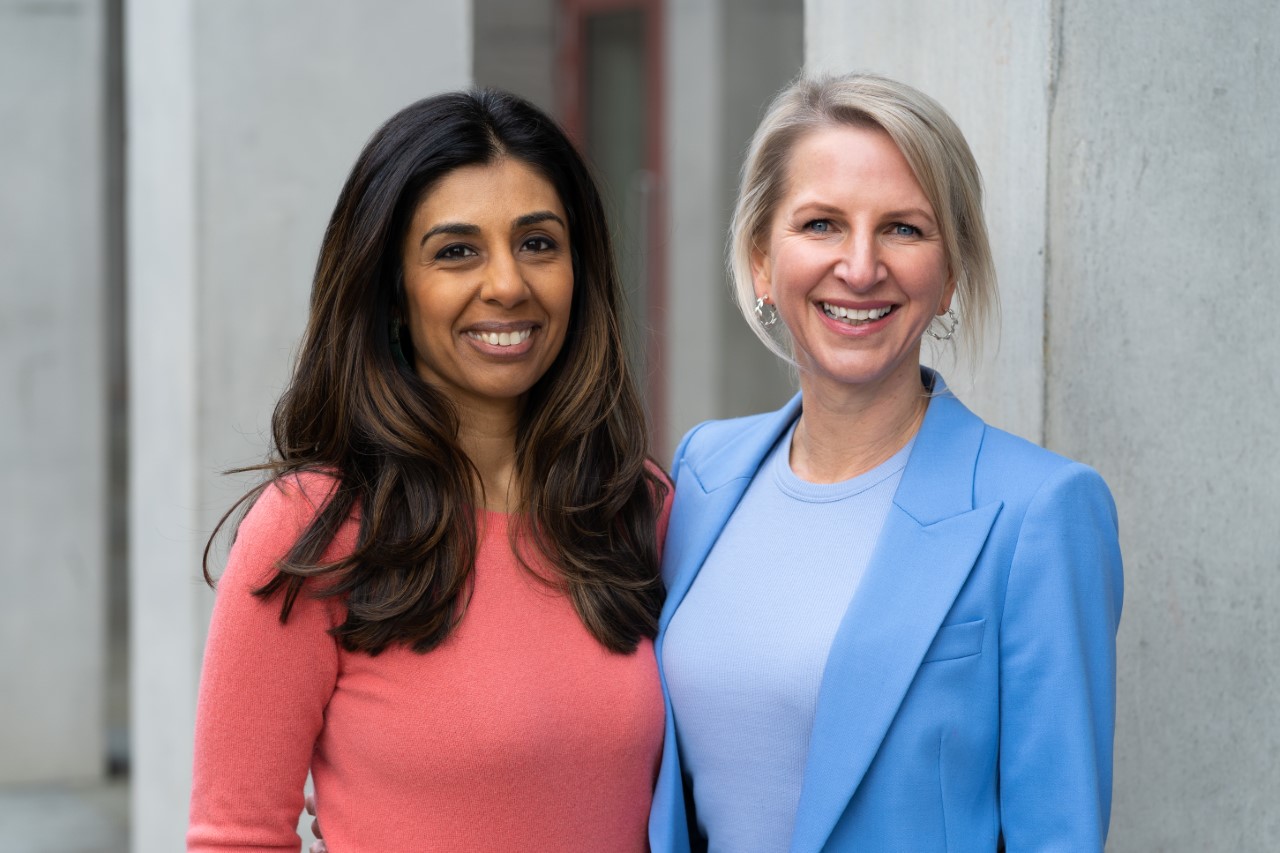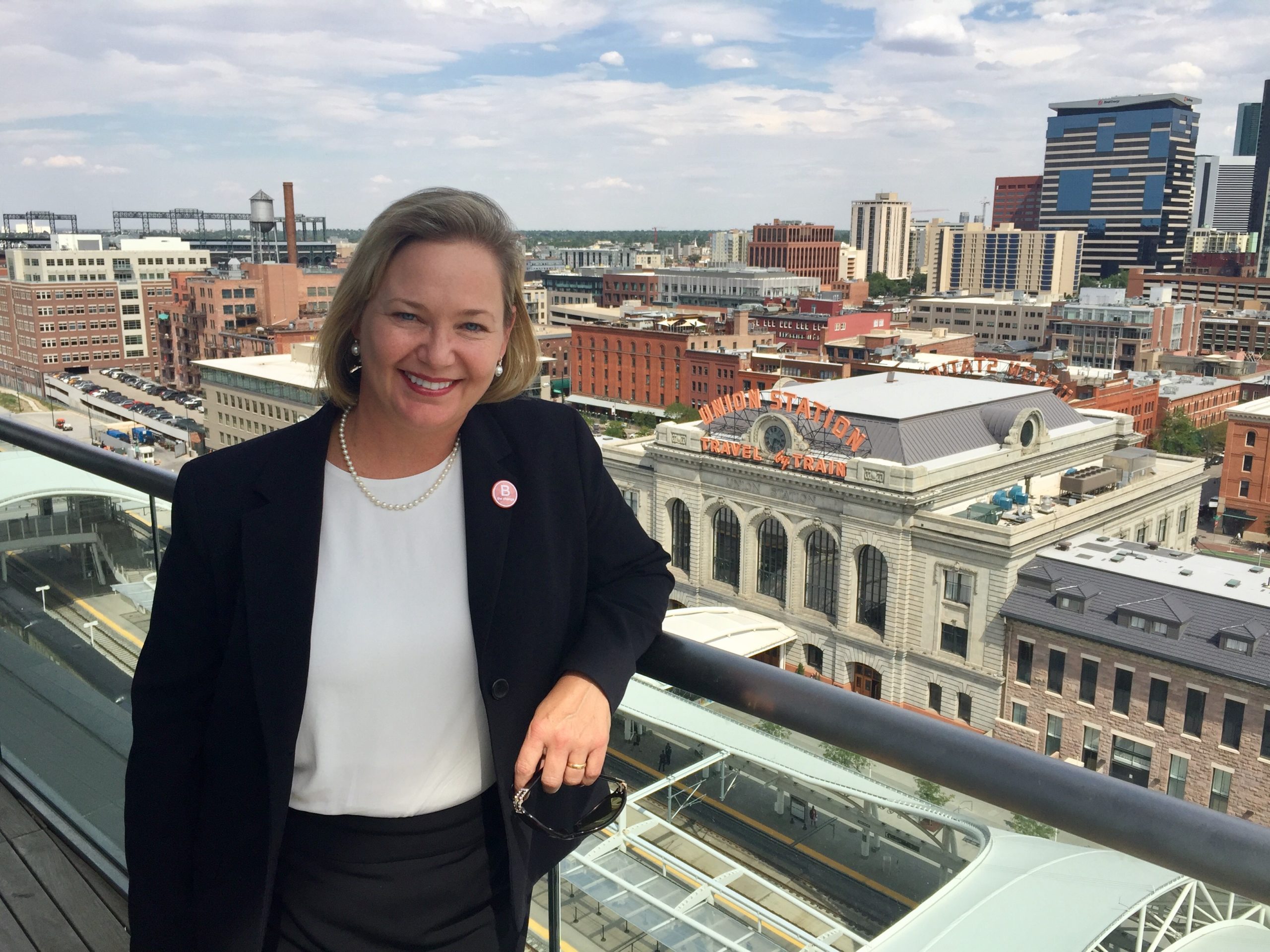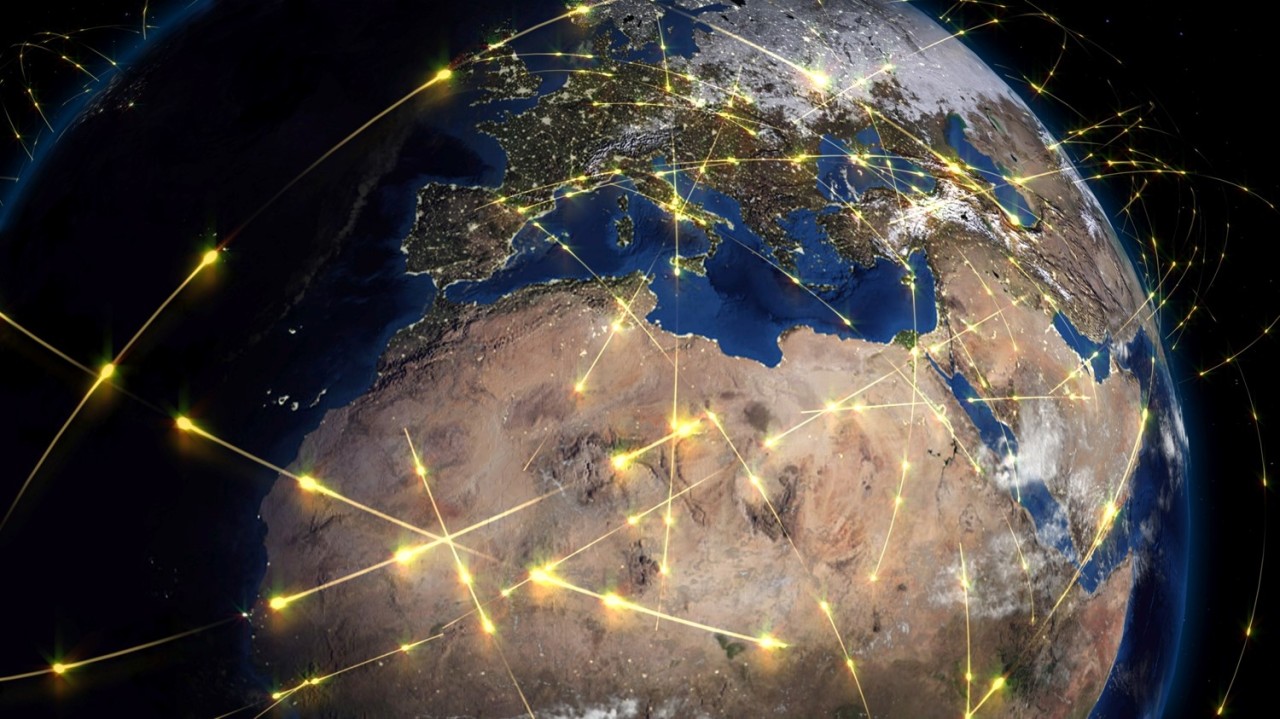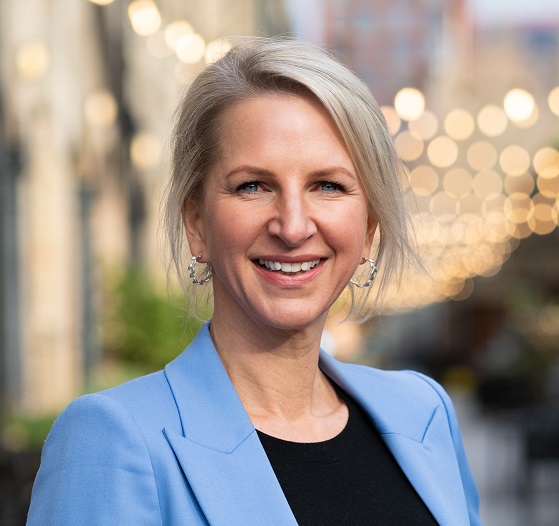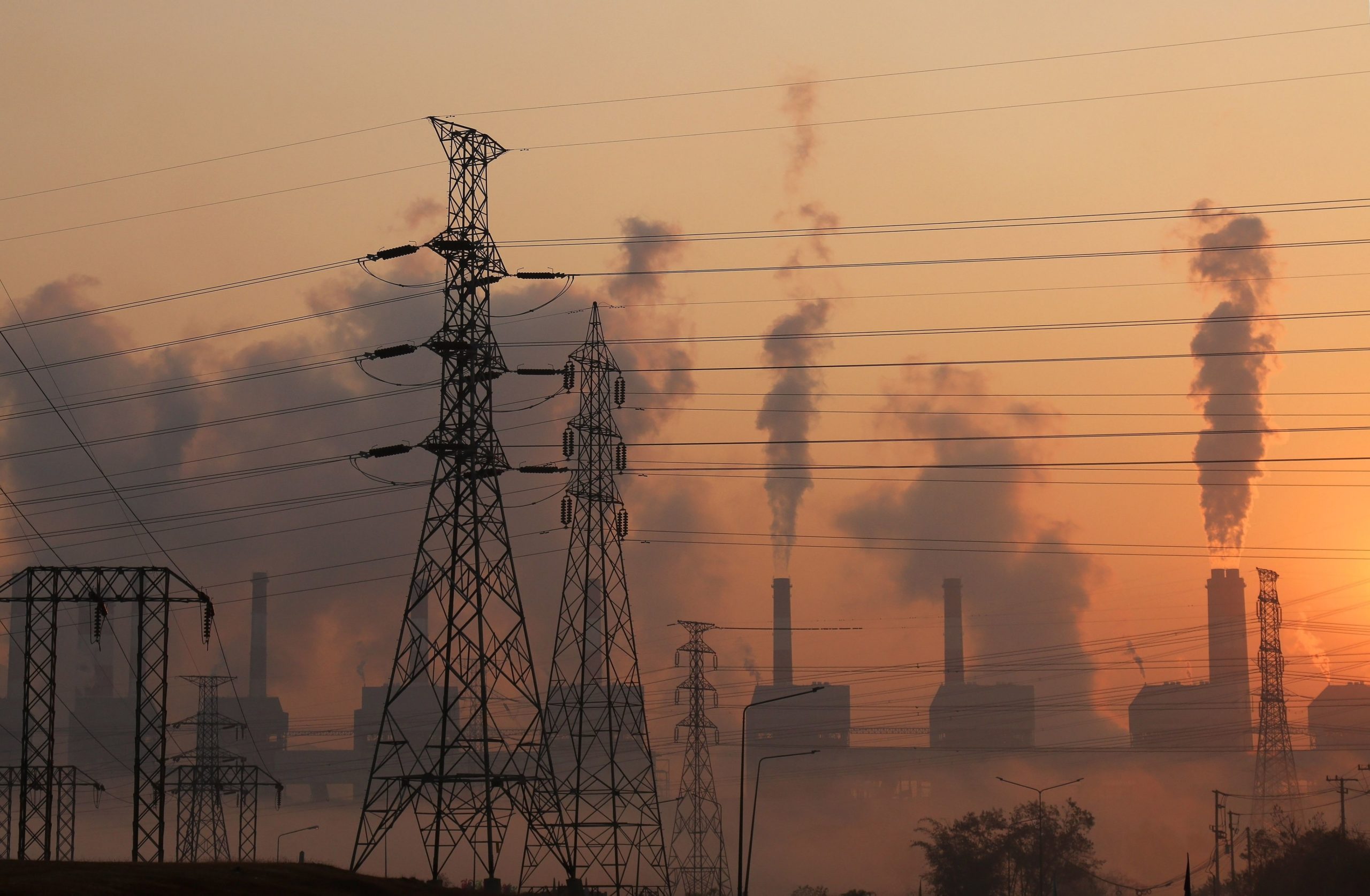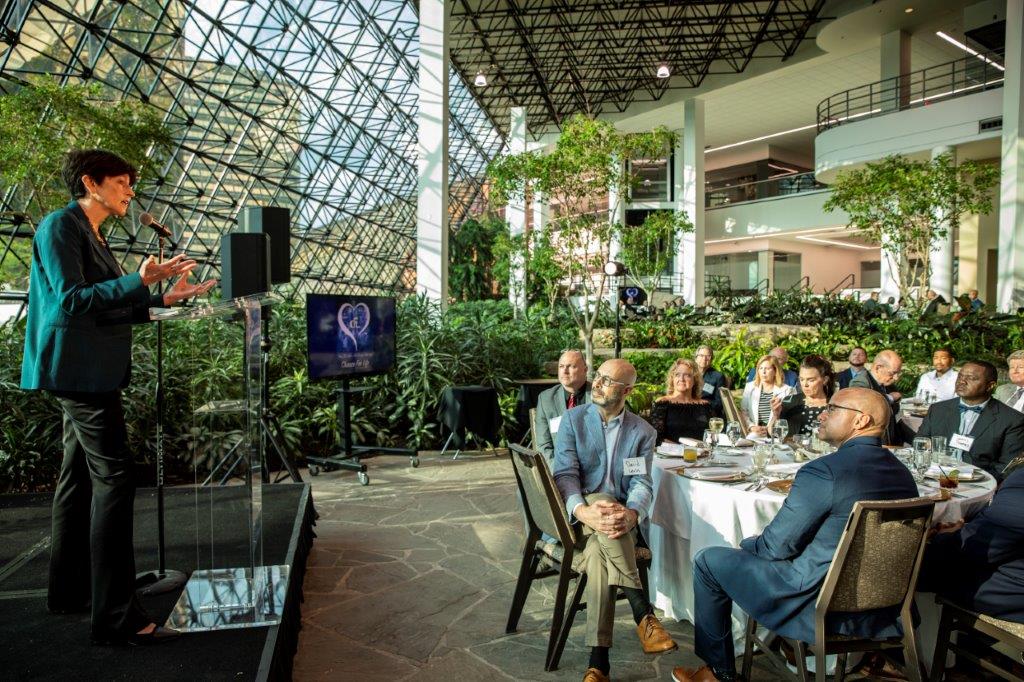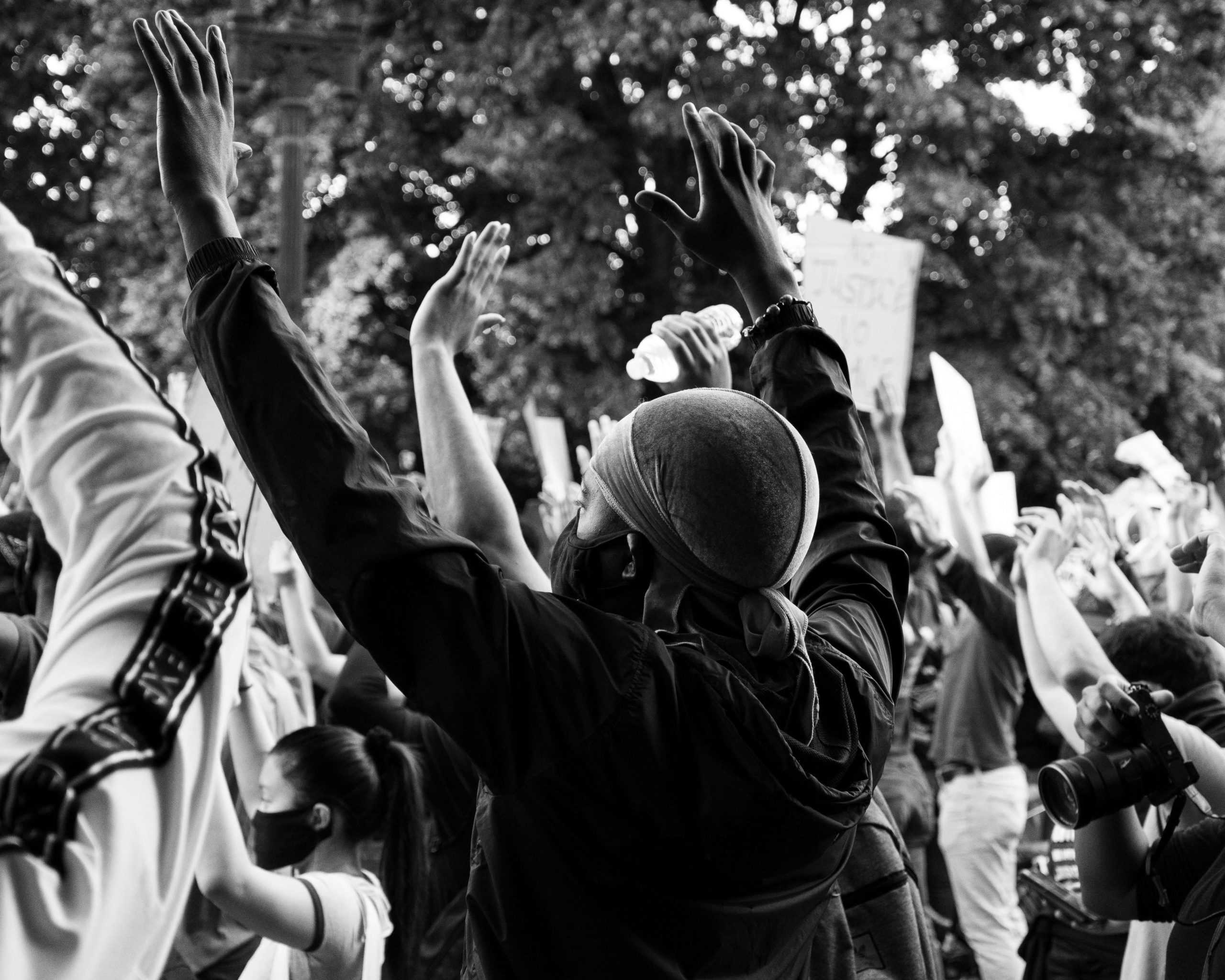TED Countdown, a global initiative committed to accelerating solutions to the climate crisis, co-founded by Leaders’ Quest, announced its second Summit will take place in Detroit, Michigan from July 11-14, 2023. The Summit will also host the inaugural gathering of the TED Future Forum, an initiative of TED Countdown, focused on the role of business in accelerating solutions to the climate crisis.
The 2023 TED Countdown Summit will convene 700 leaders from the science, activism, innovation, business, finance, policy and philanthropic sectors. Hosted at Michigan Central, a newly opened innovation hub addressing the most pressing challenges at the intersection of mobility and society, and the historic Fillmore Detroit, the Summit will include TED Talks that highlight real-world solutions at scale; Breakthrough Sessions designed to explore the tools and partnerships we need; and immersive offsite experiences with local innovators to see how the city at the heart of the American auto industry is building an inclusive, sustainable future.
The four-day event will include:
- Seven mainstage sessions, featuring 40+ TED Talks, interviews and performances
- Offsite “field” experiences, from visits to state-of-the-art EV and battery production lines and factories upcycling waste to meetings with leaders building the “black to green” economy, climate migrants settling in Michigan and policymakers working to change the regulatory landscape
- Breakthrough Sessions to scale collaboration, including working sessions on the transition to regenerative agriculture and how we fund climate adaptation as well as pitch sessions with entrepreneurs who are creating companies to solve the toughest climate problems
Featured themes and areas of focus to include:
- The state of science + progress: Where are we for the UN’s global stock take on climate progress, and how does this reframe our understanding and actions?
- Positive tipping points: Where are we making faster progress than we realize, and what are the most important breakthrough solutions to unlock now?
- Adaptive innovation: What will improve the resiliency of 3.8 billion people who face shocks in a 1.5-degree world?
- Bridging divides: How do we find unity in diversity and make progress despite our differences?
“Michigan Central is pleased to host Countdown and the TED Future Forum as we work to create a future that is more sustainable and equitable,” said Joshua Sirefman, CEO of Michigan Central. “Accelerating solutions to the climate crisis requires cultivating innovation that enables greater social, economic and physical mobility — the mission at the heart of Michigan Central’s work. Detroit is the perfect city to host these critical conversations and we are thrilled to welcome the world to the fully restored Book Depository Building.”
TED Countdown is collaborating with Detroit-based businesses, local leaders, arts organizations and the Office of the Mayor to both contribute to the Summit design and shape additional community activations. Speakers from Detroit will be prominently featured throughout the Summit program, and local organizations are partnering with TED to design experiences in the venues and throughout the city of Detroit. Existing partners include the Visit Detroit Bureau, Detroit Narrative Agency, Keep Growing Detroit, Real Times Media and Detroit Blight Busters.
“The last TED Countdown Summit was in Edinburgh, Scotland, and I’m thrilled the next one will be hosted in Detroit, Michigan,” said Carla Walker-Miller, CEO of Walker-Miller Energy Services. “Convening 700 global leaders here is an enormous opportunity to amplify amazing work across the city and foster mutual learning and sharing with a diverse audience.”
Since its launch in 2020 in partnership with Leaders’ Quest, TED Countdown has released more than 170 solutions-focused original videos and podcasts, including 140 climate TED Talks that have generated more than 230 million views, facilitated 1,000+ local climate events in 100+ countries and, with TED’s Audacious Project, generated more than $470M in philanthropic funding for climate solutions.
TED Future Forum
Convened by TED Countdown, The TED Future Forum is a community of companies committed to stepping up with greater climate ambition to help transform the global economy and create a healthy, prosperous future for all. The Forum will work with its founding companies to identify critical business-focused initiatives where we can accelerate progress. TED will then tell transformational stories of both successes and challenges at events and via TED platforms, with the goal of inspiring businesses across the economy to action.
TED Future Forum includes diverse industries with unique concerns — and all are seriously committed to the green transition for the long haul. The 13 Founding companies are: AB InBev, BCG, Bolt Threads, CEMEX, COFRA Holding, Ford, Google, Interface, Maersk, Mars, Nestlé, Ørsted and Siemens. We look forward to welcoming other companies into the Forum following the TED Countdown Summit in Detroit, Michigan, from July 11-14, 2023.
“We cannot tackle climate change without wholehearted engagement from business,” said Lindsay Levin, Countdown founding partner and head of partnerships + impact at TED. “The Future Forum is convening leaders who have the courage to change the way business operates — and to work across divides to do so.”
“I know from experience that transforming a company requires a combination of dreams and details. We need to dream big, before we have the answers, and then to work really hard on the details to figure it out,” said Jim Hagemman Snabe, TED Future Forum Vision Council chair, chairman of Siemens AG and vice chairman of Allianz SE. “TED Future Forum is about helping companies to find the courage and know-how to speed up their green transition because it makes good business sense — and it’s the right thing to do.”
“We’re thrilled to welcome Countdown and the TED Future Forum to Detroit, where Ford is working to build the future of manufacturing and to revolutionize the way people move and connect,” said Cynthia Williams, global director of sustainability, homologation and compliance at Ford Motor Company. “People everywhere are looking to businesses like Ford for solutions and urgency in responding to climate change. We look forward to putting our minds and resources together — in what we believe will be a powerful collaboration — to help shape a future for transportation that’s more inclusive, equitable and sustainable.”
“Every day we’re seeing the increasing impacts of climate change throughout local and global communities, supply chains and food chains. A more sustainable, equitable future will require meaningful action today across the business sector to deliver on commitments made in the fight against climate change,” said Shaid Shah, president of Mars Food and Nutrition. “By partnering with TED as a founding member of the Future Forum and joining cross-industry leaders and peers, we’re scaling up our efforts — and calling on others — through collaboration and uncommon partnerships to recruit new allies in the critical fight for a more sustainable future.”
“Information is the foundation of our company. Our founders set us an ambitious, almost audacious mission: to organize the world’s information and make it universally accessible and useful,” said Kate Brandt, chief sustainability officer at Google. “The challenge of climate change requires ambition on a similar scale. In many ways, it’s at the heart of how we realize our mission in the years ahead. A sustainable future depends on the decisions individuals, organizations and governments make every day. We know that businesses need to move faster, together, so we’re thrilled to be a part of a burgeoning community of businesses focused on pooling innovation and knowledge to accelerate solutions to the climate crisis — and hopefully inspiring others to join us.”
“Collaboration is key to solving the urgent climate challenges the world is facing,” said Ezgi Barcenas, Chief Sustainability Officer at AB InBev. “AB InBev is thrilled to partner with TED Countdown and the TED Future Forum and its partner companies to work toward redesigning global value chains with cutting-edge innovation to create a future with more cheers.”
A subset of uniquely positioned TED Countdown partners are supporting the TED Future Forum initiative. Partners include the B Team, Environmental Defense Fund, Fundação Dom Cabral, Generation Investment Management, Global Warming Mitigation Project, Kite Insights, Maersk Mc-Kinney Moller Center for Zero Carbon Shipping, Project Drawdown and Stand.Earth. A small cross-sector group of leaders provides guidance to the TED Future Forum as part of a Vision Council. This includes Jim Hagemann Snabe (Chair), Manish Bhardwaj, Habiba Ahut Daggash, Nili Gilbert, Rebecca Henderson, Wanjira Maathai, Roya Mahboob, Gonzalo Muñoz, Kim Stanley Robinson, Suzanne Simard and Nigel Topping.
Learn more about TED Countdown here, and learn more about the Detroit Summit here.
